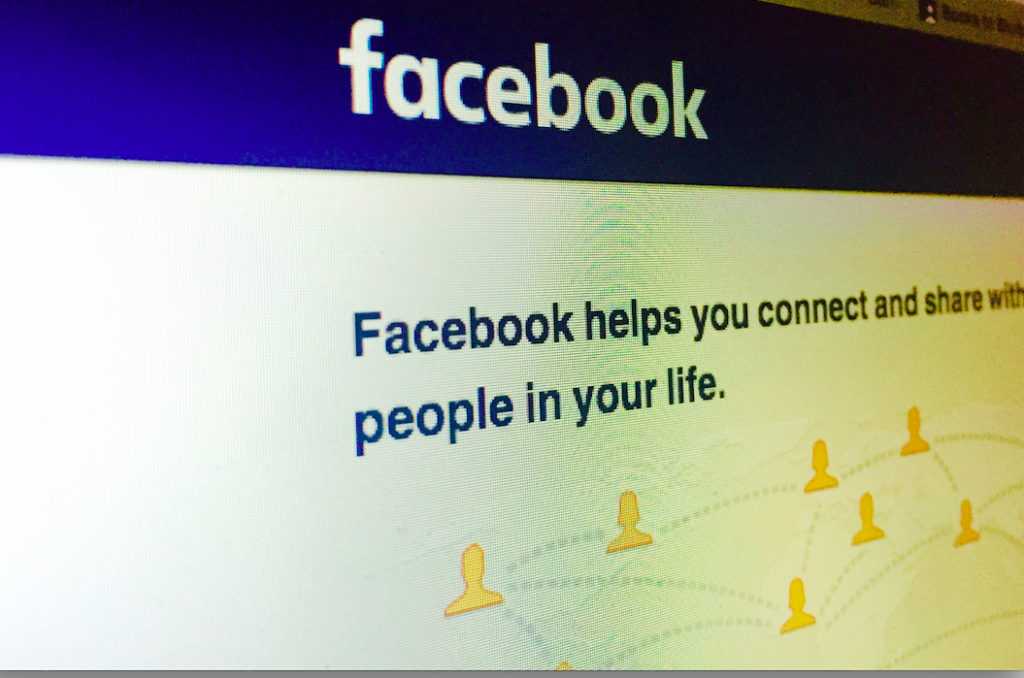Note: This post discusses the plot resolution of the video game “Gone Home.” It contains spoilers.
Last August Polygon, a respected video game web journal, gave its coveted perfect rating to a game that features no villains, no levels, and no puzzles. The game is called Gone Home and it is the first major success for the small Fulbright Company, a group of game developers in Portland.

Gone Home is a first person game that challenges conventional genre categories. The player is Katie, a twentysomething college student who, as the game begins, arrives back at her family’s mansion after going overseas. The game’s plot (a generous use of the word) takes place entirely within the night of Katie’s arrival, during which she finds not one member of her family home and a cryptic note from her sister Samantha (called Sam for most of the game) begging Katie to not look for her.
The house that Katie arrives at is new and she has never seen it before, which means the player must explore the grounds of the mansion for any clues as to the whereabouts of the parents and sister. Gone Home’s gameplay consists entirely of moving through the house, reading Sam’s journal entries, and putting together the story that explains why everyone is gone. It turns out that the parents are on vacation (if that’s not anti-climactic, I don’t know what is).
Sam’s story, however, is more interesting. The player puts together through various journal entries that Sam’s relationship with a girl named Lonnie has become romantic. Sam and Katie’s parents reject Sam’s newfound lesbian identity as a “phase,” leading to Sam’s increasing sense of isolation and angst. The game’s climax reveals that Sam has run off with Lonnie to live a new life with her lover. The ending of Gone Home sees the player, as Katie, reading a letter from Sam that apologizes for not being able to tell the whole story in person and assures Katie that Sam is with Lonnie and where she “needs to be.”
I’m not expecting a video game to be a source of moral wisdom for today’s youth, but I have to ask: Why is the gamer asked to empathize with a 17-year-old girl who runs away from a (at least sufficiently) healthy and functional family? None of the reviews I read take on the issue of runaway teens. There seems to be absolutely no concern that the game’s emotional climax involves a teenage girl abandoning her family and home.
I can imagine someone responding with, “Because the drama of Sam’s plot is not why people love the game.” That’s not entirely true though. Yes, Gone Home has received a lot of acclaim for its technical bravura. But gaming critics are responding to the story as well. Danielle Riendeau, who wrote the Polygon review, emphasized her emotional reaction at seeing herself in the game’s story. Chris Suellentrop of the New York Times said Gone Home was the “greatest video game love story ever told” (a superlative that appears on the game’s website). Clearly, mainstream critics are reacting favorably to Sam’s story. The question is, why?
Where is the virtue in romanticizing a young, vulnerable teenager’s flight from home? From what I can tell, there’s nothing in the game’s clues that suggests Sam was being abused, neglected or otherwise harmed. The sole reason for flight was her sexual identity and the impossibility she felt of appropriating her romance in her life. How does this make Sam so much different from the many sad cases of teenage girls who have fled town with a lover? The answer is obvious, of course: Because her lover was another woman. That brings me to an important question I have for the LGBT community: Just how fundamental is a teenager’s orientation to their identity? Is it enough to justify abandoning an entire life in order to discover or actualize it?
I’m wondering if Gone Home is an example of what I’ll call the Michael Sam Syndrome. Michael Sam, recall, is the football player who came out as gay in the months before the NFL Draft. He insisted that his performance and his character be considered instead of his orientation. Yet immediately after the Rams drafted him and were championed in the press as having looked beyond Sam’s sexuality, Oprah Winfrey’s network announced a “groundbreaking documentary” covering Sam’s first year in the NFL. Sam had previously agreed with the network to film the  documentary and did not inform the Rams about the camera crews that would be appearing at mini camp until after he was selected (the documentary has been postponed). So when it came to being drafted, Sam demanded to be seen independently of his sexuality; but when it came to making a fair amount of money from the Oprah network, he was more than willing to put his team behind his aspiration to be the NFL’s “First Gay Player.”
documentary and did not inform the Rams about the camera crews that would be appearing at mini camp until after he was selected (the documentary has been postponed). So when it came to being drafted, Sam demanded to be seen independently of his sexuality; but when it came to making a fair amount of money from the Oprah network, he was more than willing to put his team behind his aspiration to be the NFL’s “First Gay Player.”
What does that have to do with Gone Home? Just this: Is the LGBT community shapeshifting on the question of orientation and personal identity? Are parents encouraged to accept their children as gay, transgendered, bisexual, etc, on the basis of the child’s unchangeable relationship to the parents, while the children themselves are encouraged to go wheels up if the parents don’t immediately affirm their sexuality?I suppose when it comes to the friends and families of LGBT youth, sexual orientation shouldn’t matter; but when it comes to the teenager herself, sexual orientation is worth abandoning all else for.
I don’t think Sam from Gone Home is worthy of imitation, and –call me crazy, but yes– I really do believe teenagers imitate their art.I fear that many who play or encounter Gone Home will, as the game’s enthusiastic critics have, see themselves in the story. Many 17 year olds feel alone, confused, curious or angry. How many of those 17 year olds will play Gone Home, feel great empathy for Sam, and convince themselves that they should repeat her (unreal) decision? Teenagers need the emotional and psychological stability that a stable home life offers. Sometimes that stability is not available, but when it is, I hope our culture can do better than romanticize runaway lovers. Leaving home is not a game and often ends with things much sadder than a rock music overture and developer credits.











